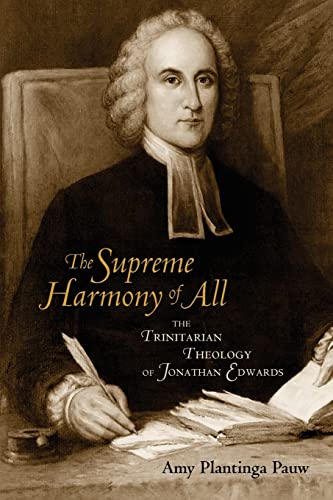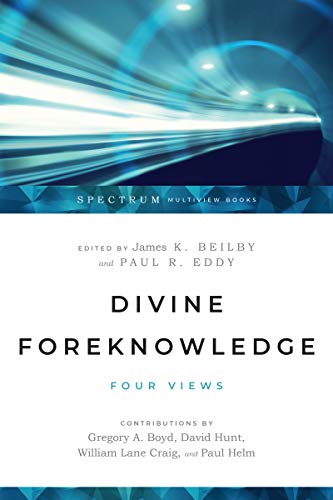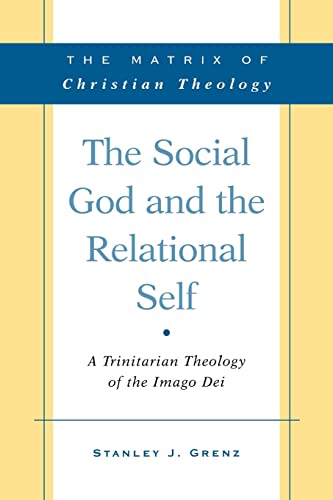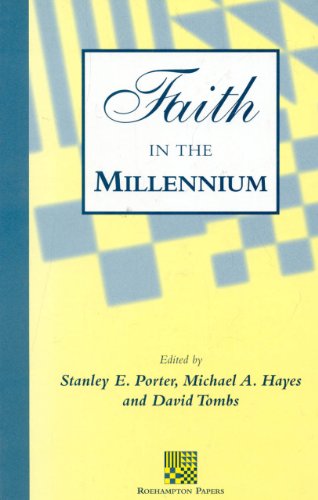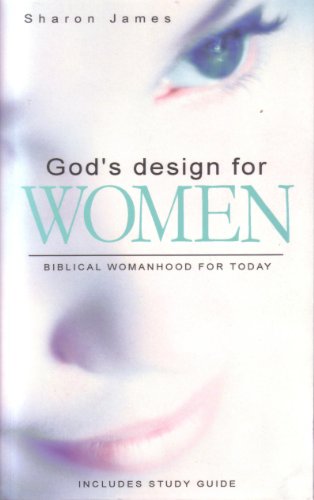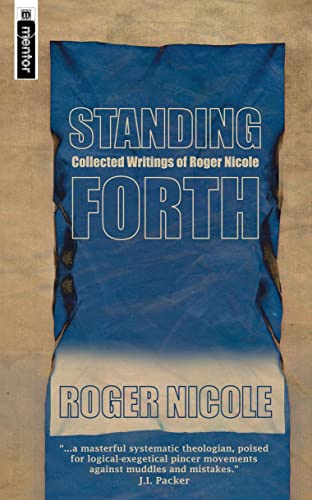THE SUPREME HARMONY OF ALL. THE TRINITARIAN THEOLOGY OF JONATHAN EDWARDS
Written by Amy Plantinga Pauw Reviewed By Oliver D. CrispThis is a fine piece of work, and deserves a wide readership. Professor Pauw has put together a readable, yet scholarly, monograph which covers some of the most difficult areas of Jonathan Edwards’ work on the Trinity. It is not just of use to Edwardseans, it should also serve as a resource for contemporary trinitarian theology.
The opening chapter situates Edwards’ trinitarian thought in its historical and biblical context, before considering its relationship to the doctrine of divine simplicity in chapter two. Pauw concludes that Edwards distances himself from the simplicity tradition. She contends that his thinking is irreducibly trinitarian, in a way that is incompatible with a being who has no parts (that is, is simple). I do not find this convincing, nor do I think that Edwards’ work supports Pauw’s thesis. Edwards does take an idiosyncratic view of divine simplicity, but this does not necessarily mean that he departs from the tradition at this point. It is not particularly unusual for Edwards to take his own view of things, as Pauw herself points out in her final chapter on Edwards’ ‘cobbled trinitarianism’. Edwards was something of a theological magpie who often took ideas from many different sorts of literature, and fused them together in his own (sometimes peculiar) synthesis.
In the third chapter, Pauw deals with Edwards’ trinitarian thought in the context of covenantal theology, and the covenant of redemption in particular. She is somewhat critical of the notion of the covenant of redemption (‘a rather fanciful ornamentation of the Reformed covenant tradition’, (93)). Her analysis of the social trinitarian relations in Edwards’ thought concludes that these trinitarian relations were logically prior to the covenant of redemption, so as to protect the equality of the Father and Son, whilst asserting the Father’s logical primacy (107).
In chapter four, the social trinitarian implications of Edwards’ understanding of redemption are scrutinised. Pauw suggests that there is a disjunction between Edwards’ apparently universalist tone with respect to God’s ends in creation (God’s self-enlargement ad extra, in creation, to display his fullness in his handiwork), and Edwards’ sober views of damnation and the inexorabability of divine justice. For my own part, I cannot see why these two things need to be disjunctive. Surely Edwards’ point is that God displays all his attributes in creation, including his justice and his grace. This justice has an inexorable element which is rightly visited upon the damned, whilst his grace is discretionary, visited upon those whom God elects. Pauw sees this eschatological outcome as a failure of Edwards’ doctrine of creation, but why should the triumph of God’s glory, displayed in both the elect and reprobate, be a failure? This is surely the outworking of the covenant of redemption in the purposes of the triune God, as Edwards himself would have agreed in his treatise, End of Creation.
The fifth chapter sets Edwards’ revival writings and the communion controversy with his congregation at Northampton, in the context of his trinitarian theology. What is interesting here, is Pauw’s investigations into the place of the Holy Spirit in Edwards’ understanding of regeneration, and the relationship between faith and works. Edwards is known to have held a concept of ‘infused’ faith. Pauw claims that Edwards was also perilously close to annexing evidence of a changed life to faith as a part of salvation.
Professor Pauw is to be congratulated for bringing to our attention the trinitarian nature of Edwards’ theology, often in areas that have not be surveyed before. What is more, the clarity of her prose means that the reader is able to traverse considerable arguments in a short space, which, in Edwards own writings, would take far longer to digest. That is surely the mark of a superior expositor.
Oliver D. Crisp
University of Notre Dame


